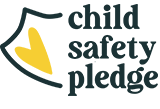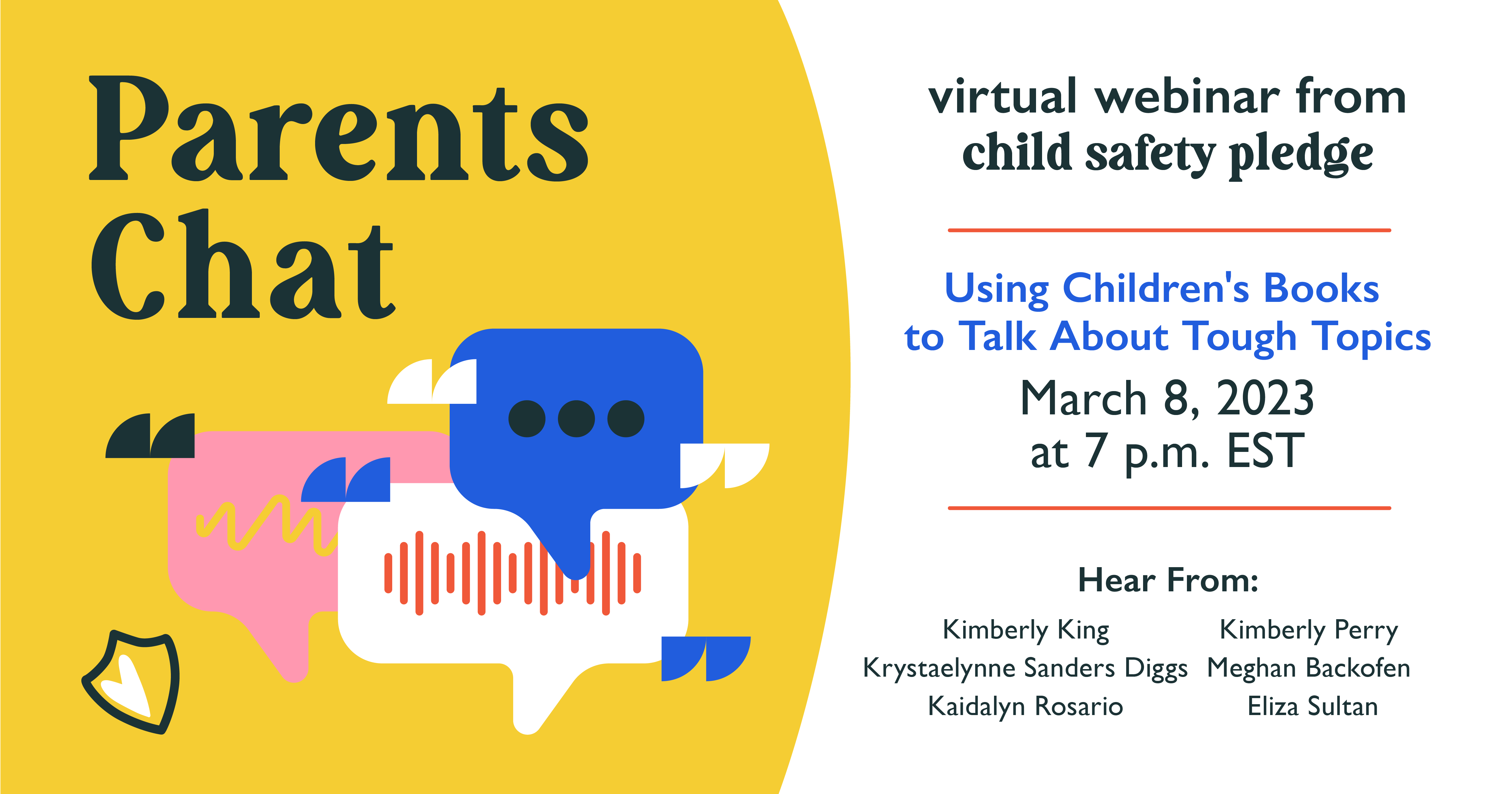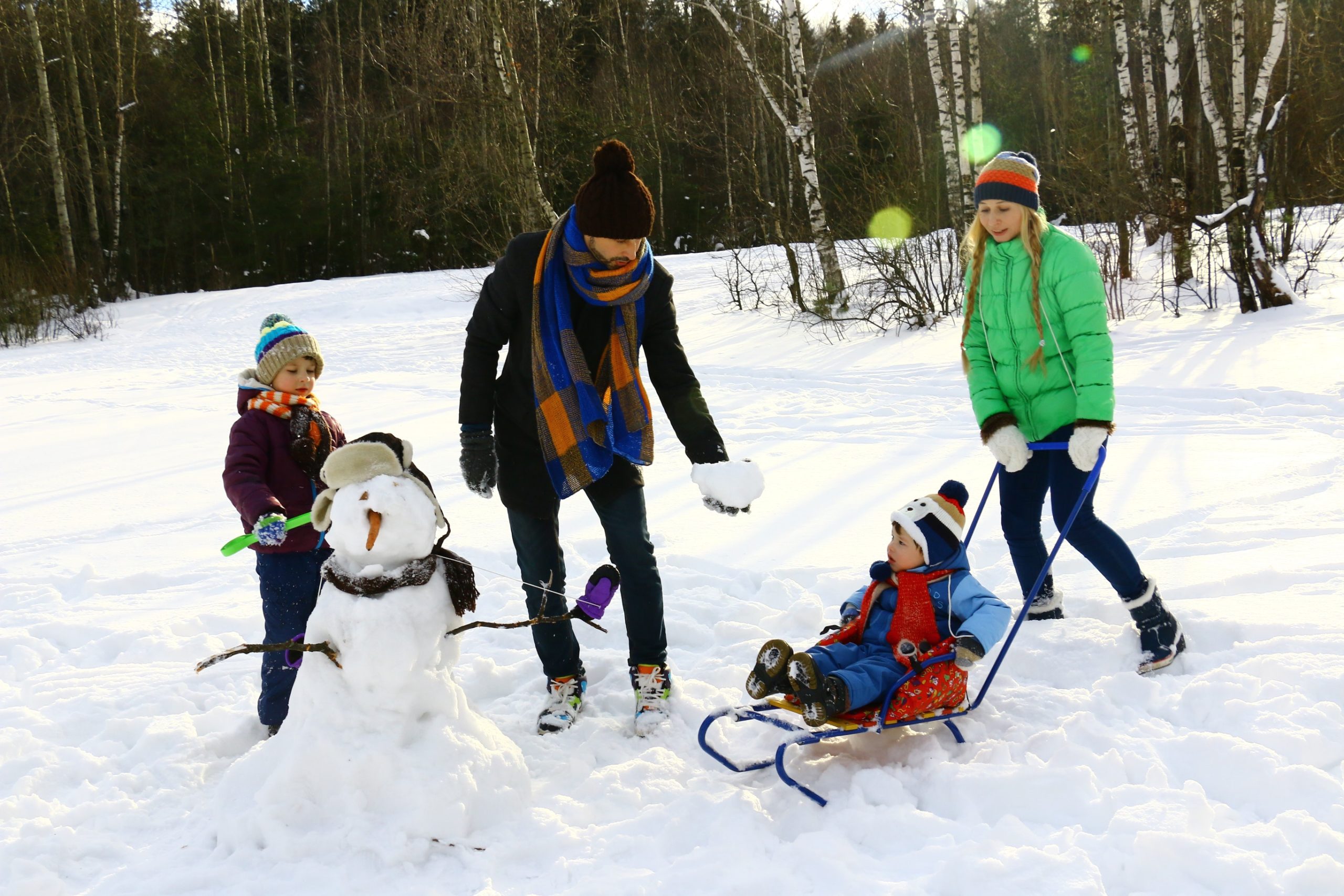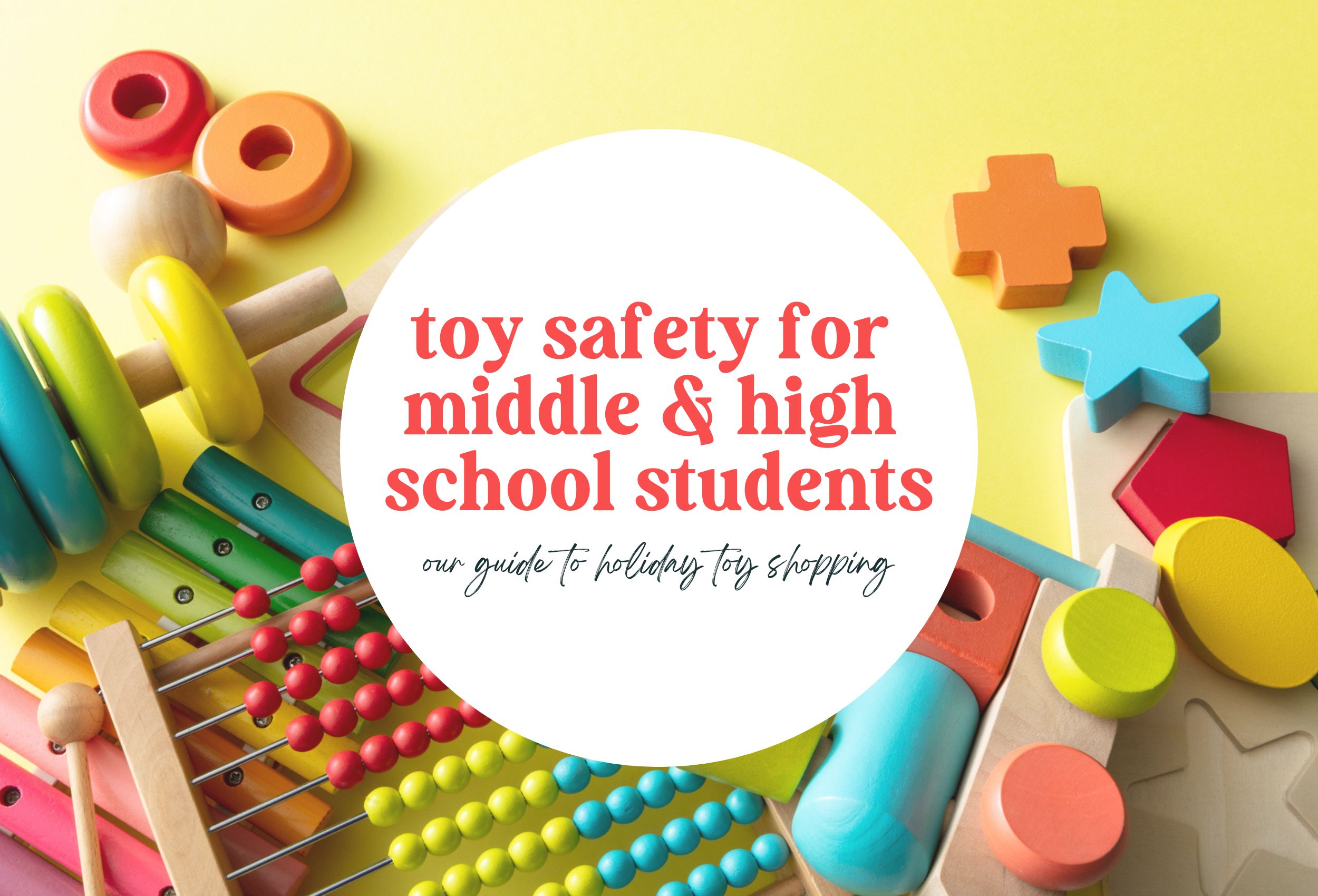Underaged drinking is a concern for any parent or caregiver, especially this time of year.
If you think about it, it makes a lot of sense why December is National Impaired Driving Prevention Month. There are a lot of celebrations around the holidays and a lot of people are on vacation or have more time away from their regular routine. It’s also a time when parents and caregivers should be extra vigilant with their preteens and teens around this issue.
Many preteens and teens are already feeling the pressure to drink alcohol or have had their first drink. In data reported on the site Ask.Listen.Learn, 23% of 8th graders reported having had their first drink. And the National Institute of Health reports that 96.5% of those underage drinkers got their drink for free.
The Issue
Underaged drinking is a serious public health concern that can have immediate consequences or can lead to lifelong consequences. Underaged drinking can lead to death (from a vehicle crash, homicide, overdose, drowning, suicide). It can cause injuries, impaired judgment, and increased risk of physical or sexual assault. It can also cause preteens and teens to struggle with grades, peers, to get in trouble with law enforcement, and addiction (to alcohol or other substances, too).
And according to the NIH, underaged drinking interferes with brain development. The adolescent brain does not stop developing until the mid-twenties, so if our preteens and teens are drinking, then they are directly impacting their cognitive function and learning.
What Can Parents and Caregivers Do?
It is important for adults to talk to the preteens and teens in their lives about the dangers of alcohol, the effects of alcohol on the brain, and then also give them ideas on how to get out of situations when they are feeling pressured to drink. Sites such as Ask, Listen, Learn and MADD have great resources for parents and caregivers.
Our conversations with our children can be one of the best tools we have. Running through situations, having them role play, come up with “what would you say if,” as well as having a code phrase to text or call you with that let’s you know “hey, I am stuck and I need you to come pick me up, no judgment,” are all conversations you should be having with your children when they reach their preteen years. It’s important to remember that we should continue to have these conversations as the years go on. Situations change. Friends change. Social opportunities change. This is a great way to help keep them safe.
More Than Underaged Drinking
As you start these conversations, we wouldn’t be surprised if other things begin to surface as well. For example, getting in the car with someone who has been drinking, or with someone who is distracted. Maybe they can use these skills when it comes to being pressured to try other drugs or risky behaviors.
We will not always be able to be right there with our children, but having open and honest conversations with them and letting them know we are there for them is one of the best ways we can keep them safe.
Find additional resources for your teen on our Learning Hub.












Comments are closed.